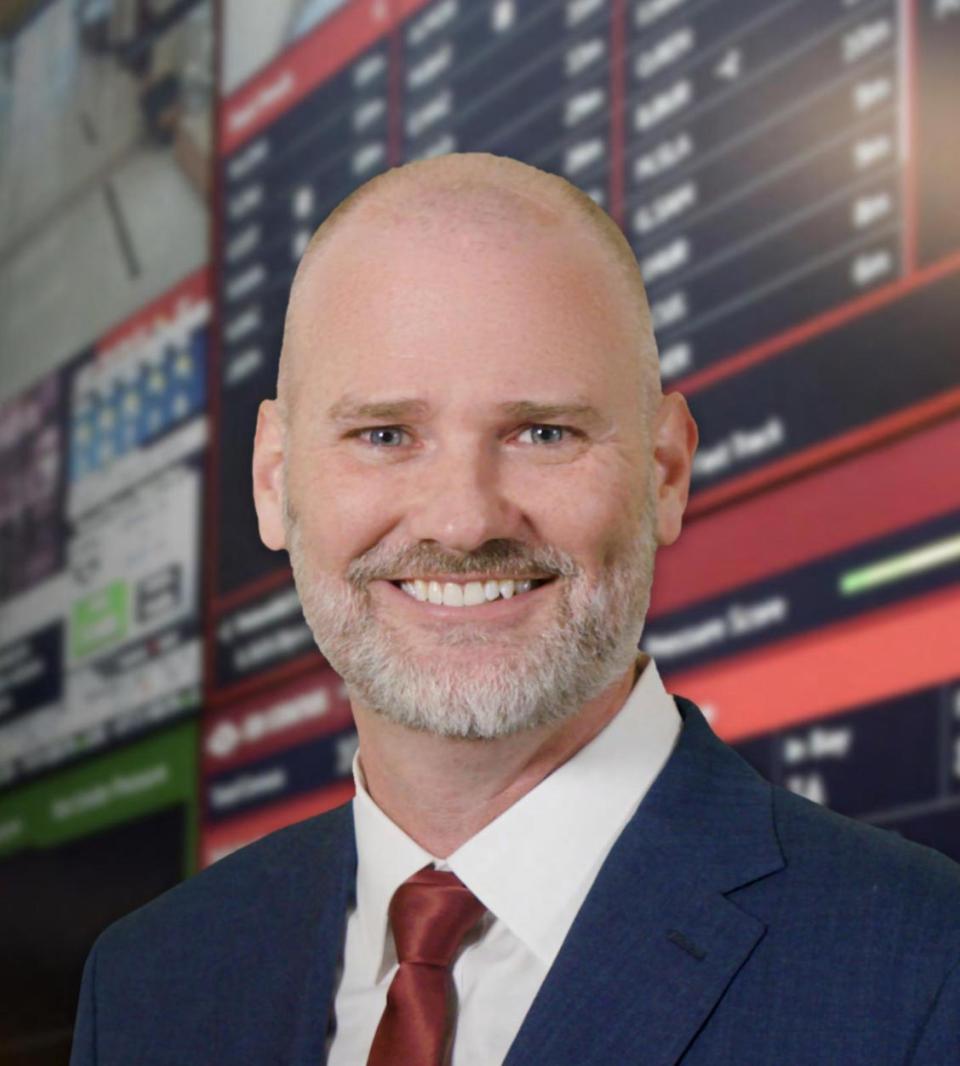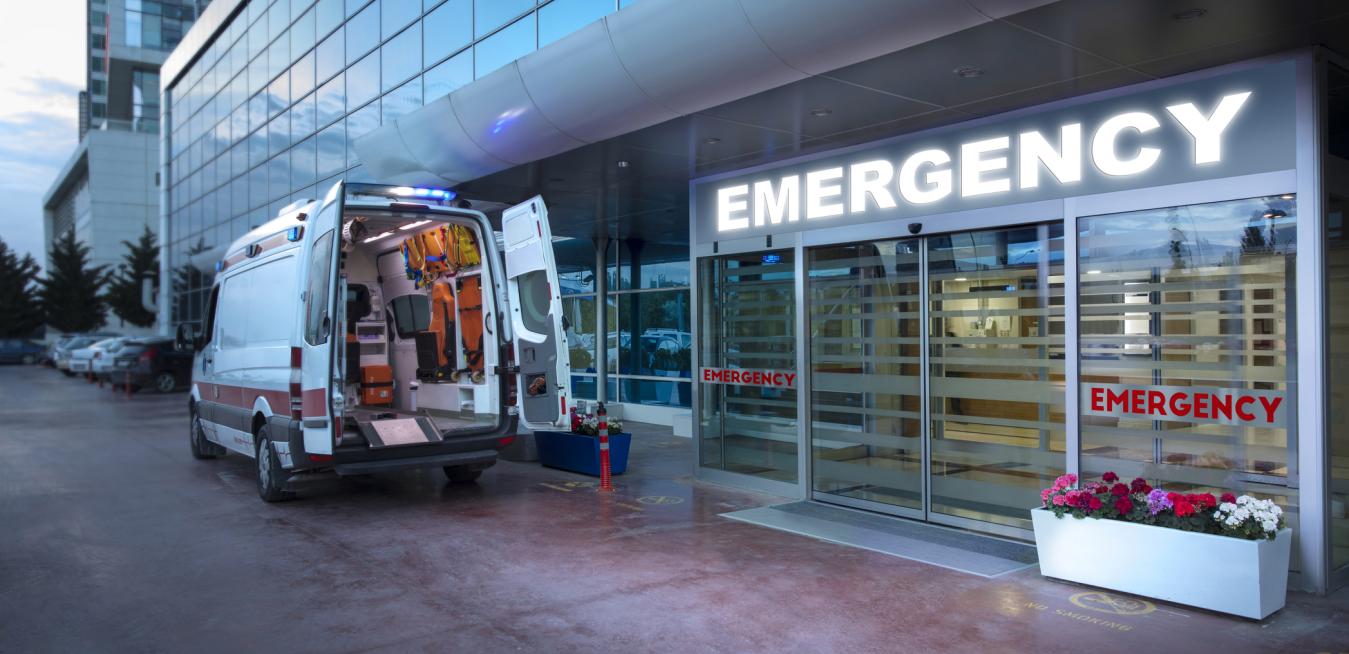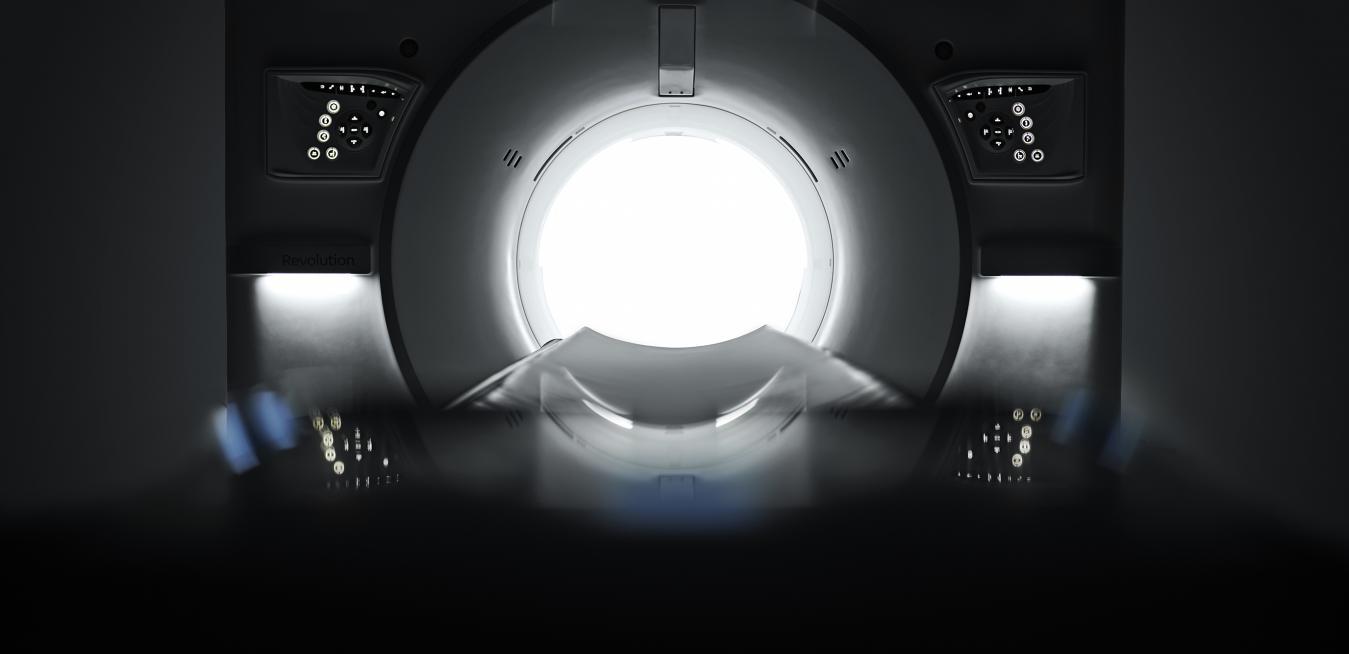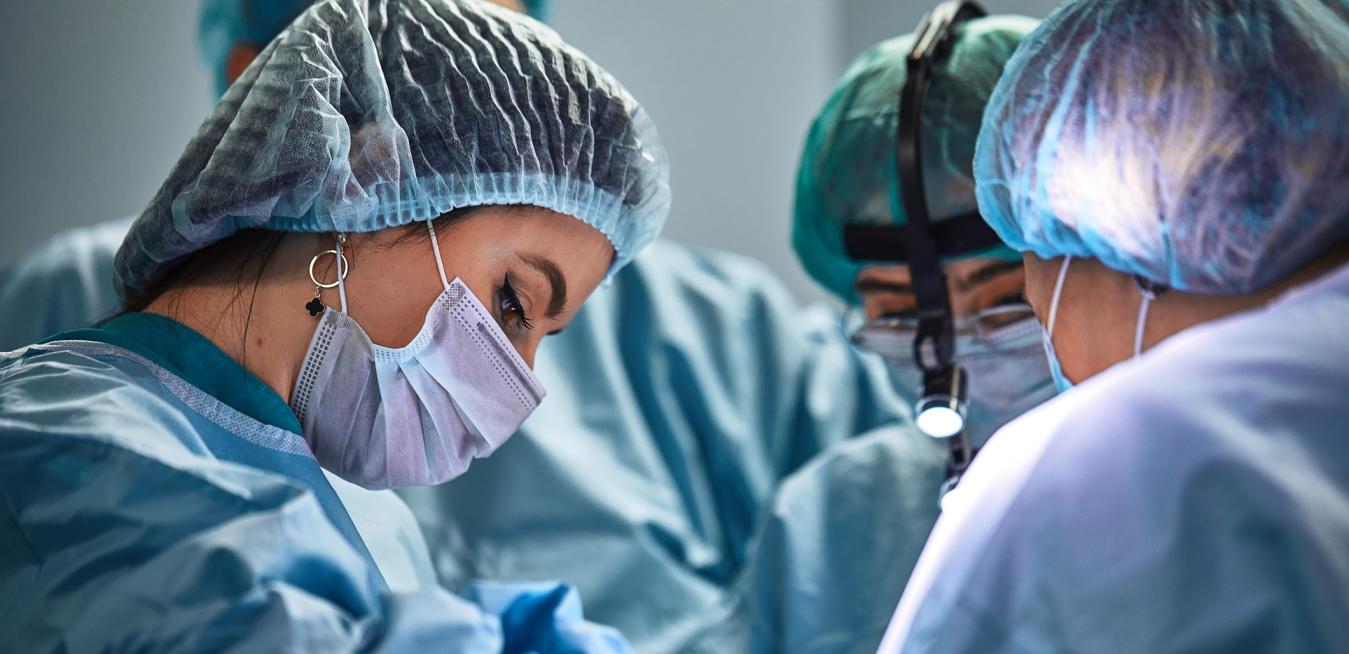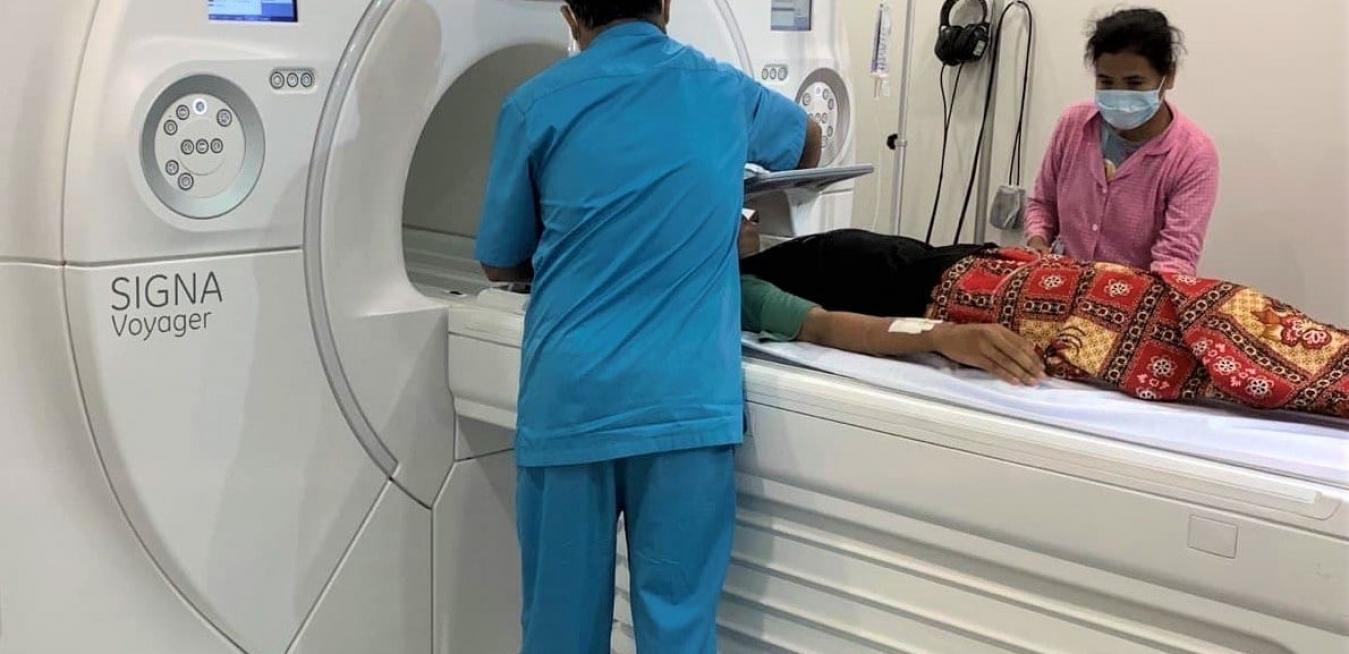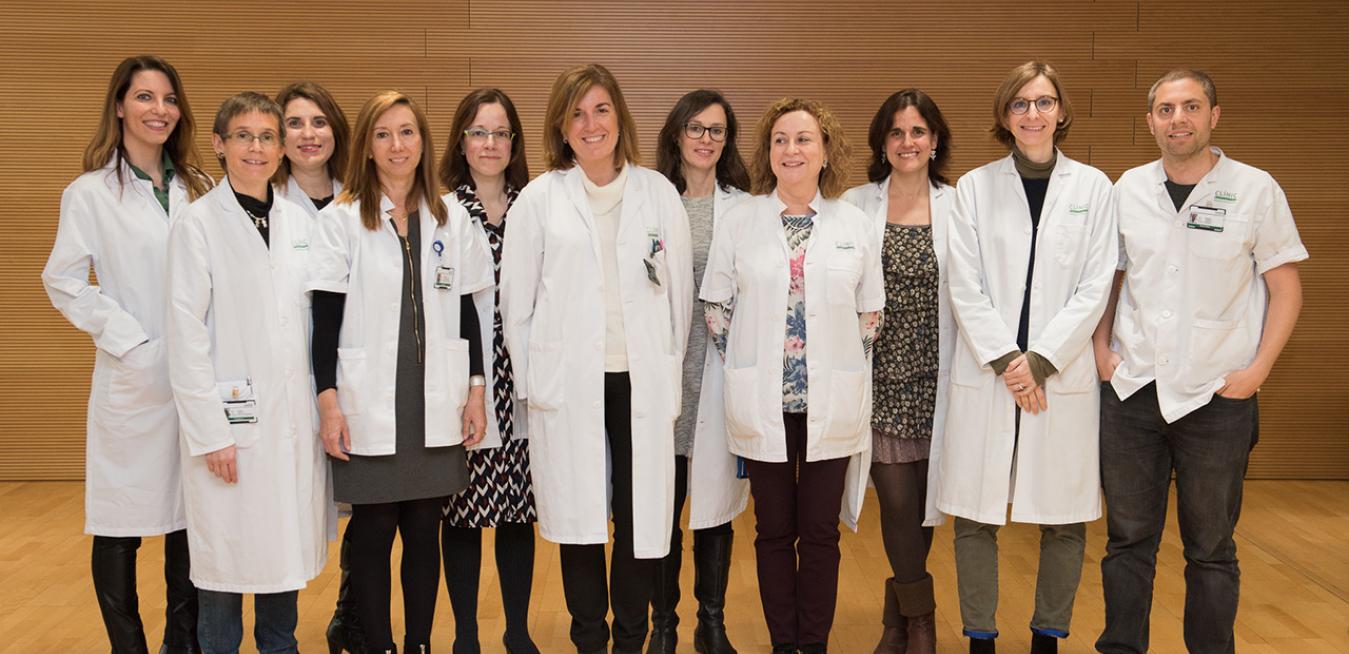Oregon has been a relative bright spot when it comes to fighting COVID-19. As of October 2021, the state has some of the lowest case and death rates in the country. Like other places, it has implemented mask and social distancing mandates, but Oregon’s hospitals have also harnessed cutting-edge technology to better allocate lifesaving resources to critically ill patients.
There’s an emergency in Oregon. A patient is fighting a life-threatening situation and the paramedics at the scene are worried. If the patient doesn’t receive blood and intensive care soon, the outcome could be dire.
Fortunately, it’s not long before an air ambulance hovers overhead. A few minutes later, the patient is on board and arrowing toward the hospital, where an ICU and a team of medical personnel are ready. The air ambulance team has packed plentiful supplies of blood, allowing lifesaving treatment to begin in the cabin.
Last week, GE Healthcare entered into an agreement to acquire BK Medical, an advanced surgical visualization company whose technology helps clinicians see inside the patient’s body in real time during surgery and helps them make critical decisions.
Imagine a world where doctors tailor treatments to patients based on their medical histories, genetic makeup and other factors. It’s called precision health, and it’s the latest step in healthcare’s evolution.
The precision health movement, which is valued at tens of billions of dollars, is already afoot, and hospitals and healthcare companies are investing in tools and technologies to make it grow.
Categories
tags
A new collaboration is the latest sign that healthcare centers may no longer be constrained by their physical walls.
One of the fastest transitions in healthcare history occurred with little fanfare during the COVID-19 pandemic. Radiologists who interpret images of the human body started working from home in droves when patients began getting scanned away from major hospitals, which were overwhelmed with caring for those stricken by the coronavirus.
Children’s access to good healthcare used to be a major concern in Cambodia. In the early 1990s, the mortality rate of the country’s children was among the highest in the world,[1] with as many as 1 in 5 dying before their fifth birthday. Infections such as tuberculosis and dengue as well as respiratory diseases plagued this Southeast Asian nation, which struggled to rebuild itself after several tragic decades of conflict.
Much has changed since GE opened for business 129 years ago, but one thing has remained constant: the company’s focus on innovation. It is helping GE engineers find new ways to make the world more sustainable and help solve looming challenges like climate change, energy transition and decarbonization. Innovation is also the lifeblood of GE’s push to develop precision healthcare that will lead to personalized diagnoses and treatments, and make healthcare more accessible to everyone. Take a look at our list:
When Dr. Marta Sitges was in medical school at Autonomous University of Barcelona in the early 1990s, she studied alongside numerous women who were pursuing careers in medicine. Now, as director of the Cardiovascular Institute at Hospital Clínic de Barcelona, Sitges is often the only woman in the room.
“We have very few females in cardiology and, not only in this field, but in executive positions,” she says. “I haven’t felt discriminated against but, sometimes… being female, you have to demonstrate much more than being a male to reach the same positions.”
The COVID-19 pandemic forced companies the world over to adapt. For a diverse group of Finnish technology businesses, it also opened doors to a market that tech entrepreneurs sometimes ignore: seniors.
Brought together by their membership in GE’s Health Innovation Village in Helsinki, the leaders of these small but growing firms noticed a paradox. COVID-19 left the elderly more isolated and vulnerable than ever, but it also pushed them and their caregivers to adopt technology they might have once been reluctant to embrace.
Julia Casey is a biochemical engineer by training, but she is also a deal-maker at heart. “I like doing deals,” says Casey, who serves as general manager of GE Healthcare’s Pharmaceutical Diagnostics Molecular Imaging business. “I like dealing with startups and thinking how we can leverage their skills and bring them in so we can really see the benefits of everything they’ve done, and the market and the patients can see the benefits of everything they’ve done.”
